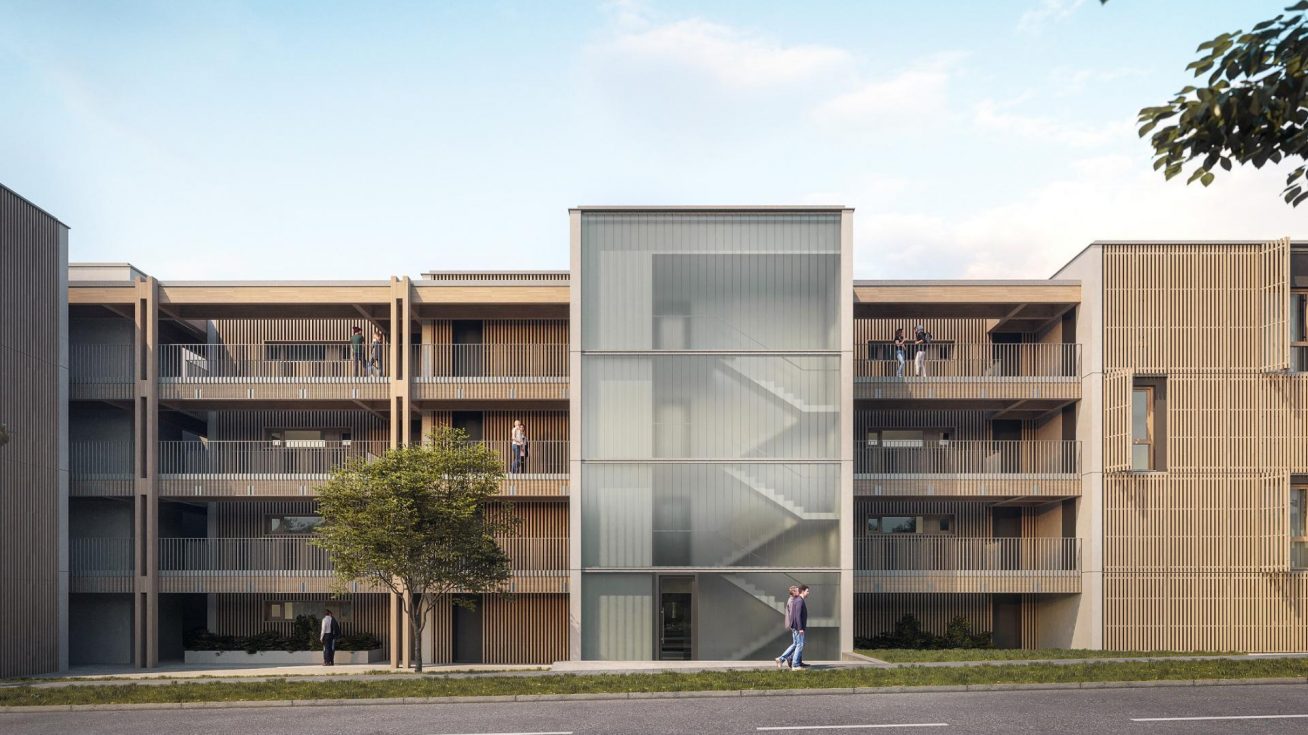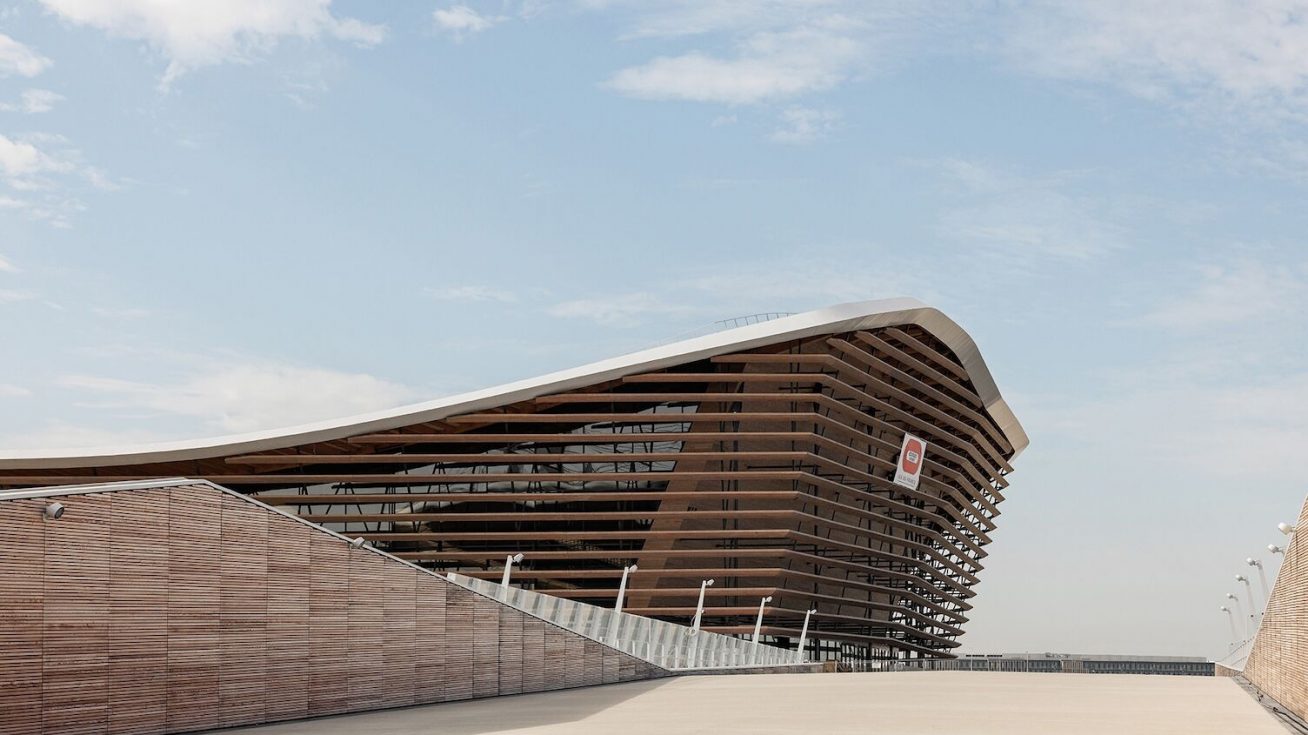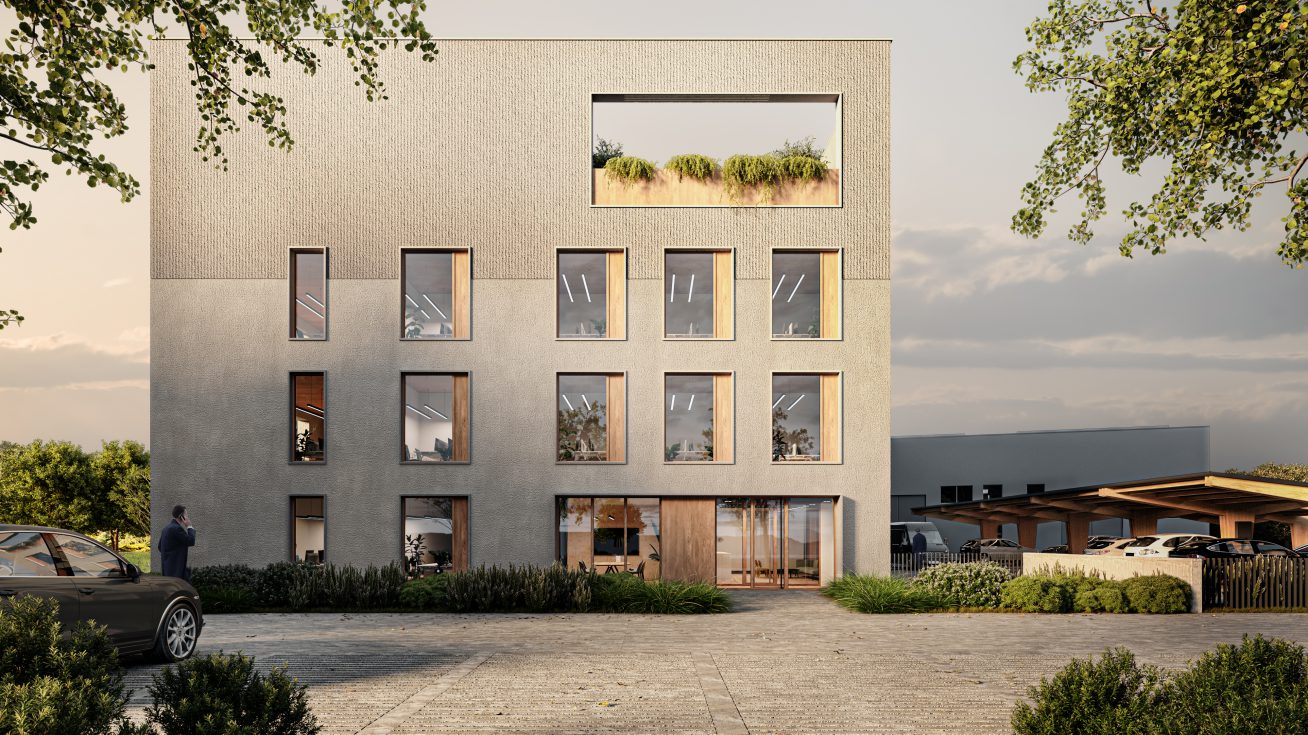Costs and benefits
The analytical and research company CEEC Research provides regular analyses of the state and development of selected sectors of the European economies. In her Quarterly Analysis of the Czech Construction Industry Q1/2023, she also focused on how the domestic scene stands in terms of wooden buildings, which are becoming the focus of the construction industry in more and more countries.
According to the CEEC Research survey, the demand for timber buildings is significantly hampered by low public awareness of their quality, according to companies involved in timber buildings. Other reasons, according to them, are the price and the current shortage of material – this is due to the emergency situation in 2021, when the price of lumber jumped by up to 50 percent, while the price is currently stabilizing.
In terms of price, the acquisition cost of wooden buildings is roughly the same as that of brick ones. This is mainly due to the possibilities of prefabrication of the structure and the subsequent speed of construction. According to the majority of the companies surveyed, the same is true for the maintenance costs of timber buildings: 56 percent of respondents claim that they are the same as for brick houses, while 33 percent of the directors of construction companies claim that the maintenance costs are higher.






